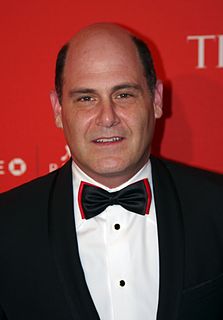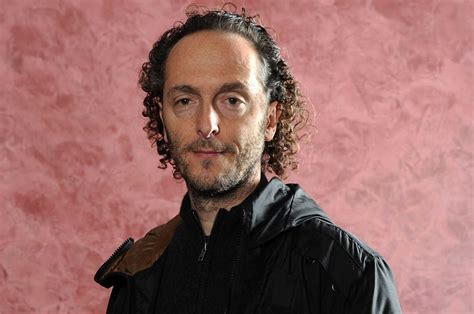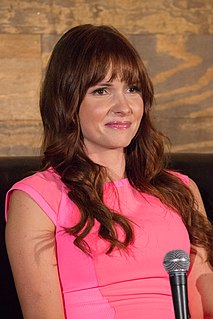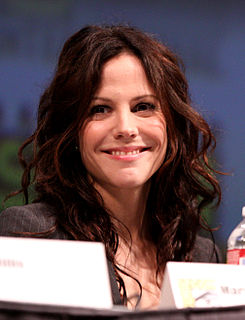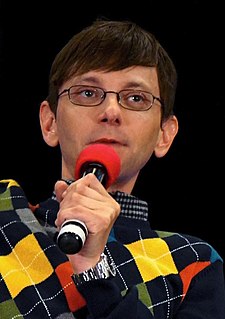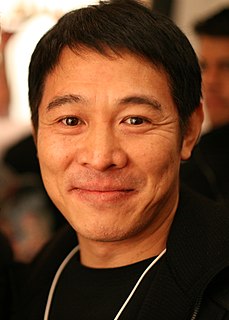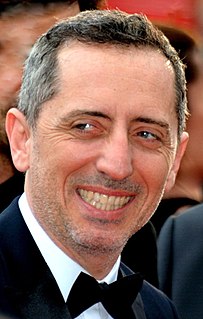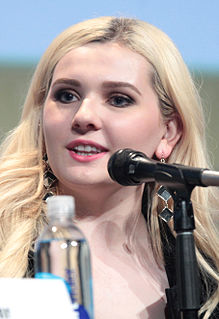A Quote by Matthew Weiner
The chance to tell personal, language-specific, culturally specific stories is really flourishing on TV and I think it's just the nature of movies and international demands that you need to get a much bigger audience. TV is more like independent film was. The forms of adult drama and certain kinds of sophisticated comedy, there's no room for them in the tentpole movie universe.
Related Quotes
I think the reason the stories are briskly paced, when they are, is that I like story. I like stories where things happen and there are surprises and reversals, in addition to vivid characters and a memorable voice. So those are the kinds of stories I try to write. And it turns out that's pretty much the only kind of writing that works for TV. It's a medium that just devours story, demands surprises and reversals. So my sensibility is suited to TV storytelling, at least as we think of it today.
What's neat about TV is you get really rich, an opportunity to tell really rich stories over the course of 20 hours. Film is cool because it's an hour and a half to two hours. You go on an adventure and by the end it's all cleaned up. Maybe in a franchise you have three chapters of a great story but in TV you can really get deep. You have more time to tell stories so I would definitely not rule out doing television in the future because I think it's a great medium for telling stories.
The first thing I say when people ask what's the difference [between doing TV and film], is that film has an ending and TV doesn't. When I write a film, all I think about is where the thing ends and how to get the audience there. And in television, it can't end. You need the audience to return the next week. It kind of shifts the drive of the story. But I find that more as a writer than as a director.
There's something really cool about TV. TV, you get the luxury of having the same people around. It is such a blessing when you get a TV job. You really have a chance to get to make, like, work friends. I think TV is one of the few mediums where I've had the opportunity to get to know my crew members.
Yeah, when you work with somebody that famous everybody wants to know what are they like or - but I know some of the movies that I know because they're more like NOBODY'S FOOL or like that, because I don't really watch the big R movies, I haven't really seen them so much. I loved him [Bruce Willis] from his TV show and some of the smaller movies he's done. The bigger movies I start to space out in, like, there just so, I don't really watch those kind of movies so much.
A movie is made for an audience and a film is made for both the audience and the film-makers. I think that The Game is a movie and I think Fight Club's a film. I think that Fight Club is more than the sum of its parts, whereas Panic Room is the sum of its parts. I didn't look at Panic Room and think, "Wow, this is gonna set the world on fire". These are footnote movies, guilty pleasure movies. Thrillers. Woman-trapped-in-a-house movies. They're not particularly important.
Films for TV have to be much closer to the book, mainly because the objective with a TV movie that translates literature is to get the audience, after seeing this version, to pick up the book and read it themselves. My attitude is that TV can never really be any form of art, because it serves audience expectations.
